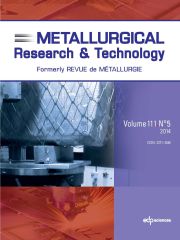Article contents
Life cycle thinking as a decision tool for waste managementpolicy
Published online by Cambridge University Press: 29 March 2013
Abstract
The European Waste Framework Directive (2008/98/EC) explicitly specifies the hierarchyfor waste management: prevention, preparation for re-use, recycling, other recoveryactions, disposal. When selecting waste management options, this waste hierarchy should befollowed. A deviation can only be justified by Life Cycle Thinking (LCT) on the overallimpacts. The application of this principle in the Flemish waste management practicetriggered the need for evaluation of treatment options for several waste streams.Alternative treatments were evaluated for waste batteries, used frying oils and waste oil.The evaluation methodology combined life cycle assessment with technical and economicalviability criteria. These cases show that LCT does not allow to establish a “generalpriority order”. In each case reasons for deviation from the standard waste hierarchycould be given, but also none of the evaluated options can be considered as the best. Theevaluation showed that the priority is largely dependent on location-specificcharacteristics of inputs, outputs, processes and installations and that the establishmentof local and global environmental priorities always implies a value choice. In thispresentation, we will present the results of the three cases and provide a methodologicalframework for life cycle thinking in waste management policy.
Keywords
- Type
- Research Article
- Information
- Metallurgical Research & Technology , Volume 110 , Issue 1: Social Value of Materials , 2013 , pp. 17 - 28
- Copyright
- © EDP Sciences 2013
References
- 2
- Cited by


